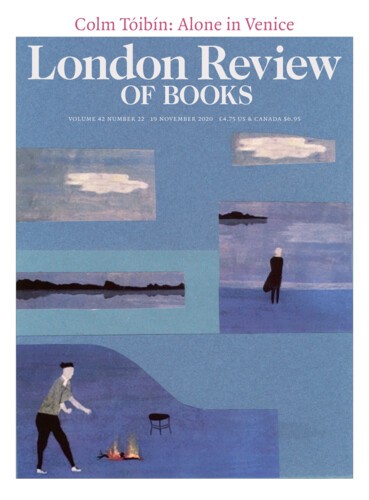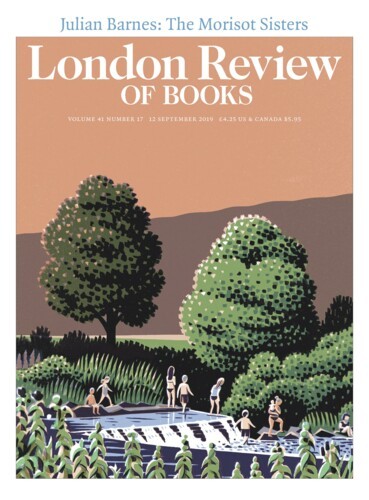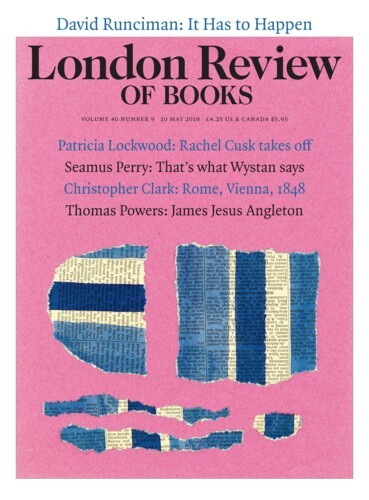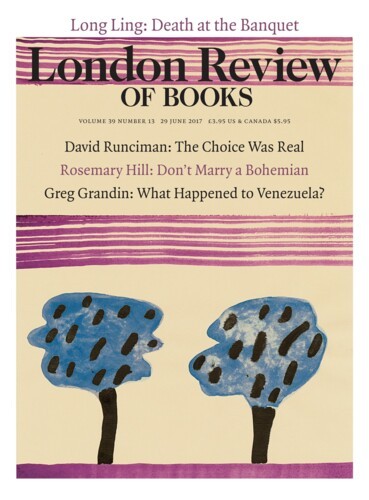Mr Dug-out and His Lady: Woman’s Kingdom
Helen McCarthy, 19 November 2020
The Endell Street wards were named after female saints and had colourful bed quilts and easy chairs, striking a very different note from the ‘chilly whitewashed walls and gloomy brown blankets’ of standard army hospitals. The WSPU motto, ‘Deeds Not Words’, was embroidered on the curtains in the recreation room, where entertainments were put on throughout the war.





